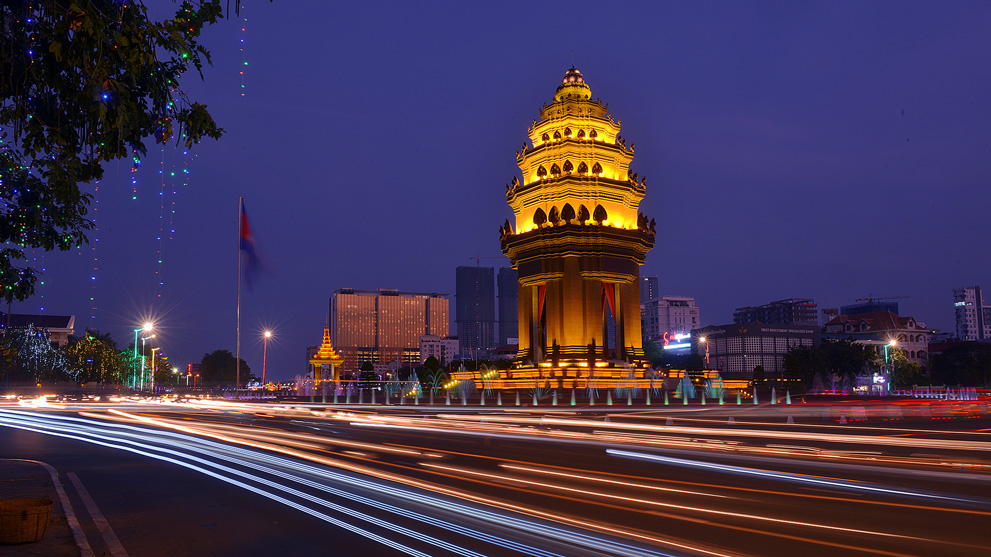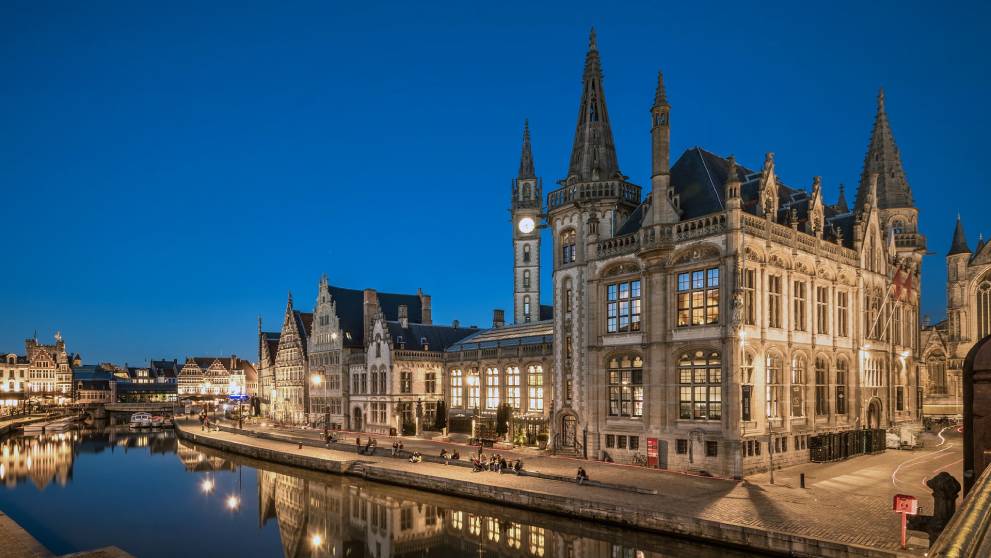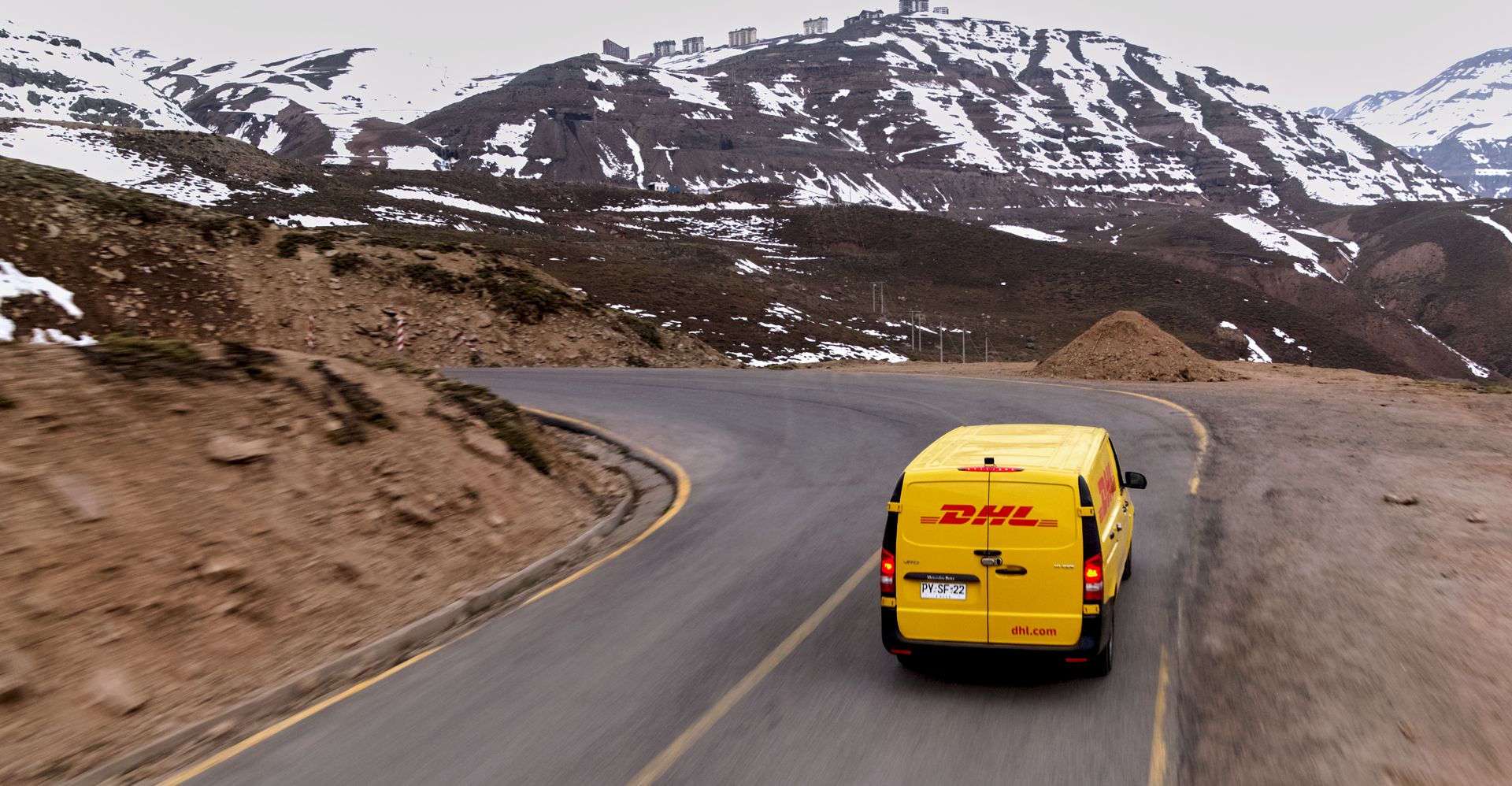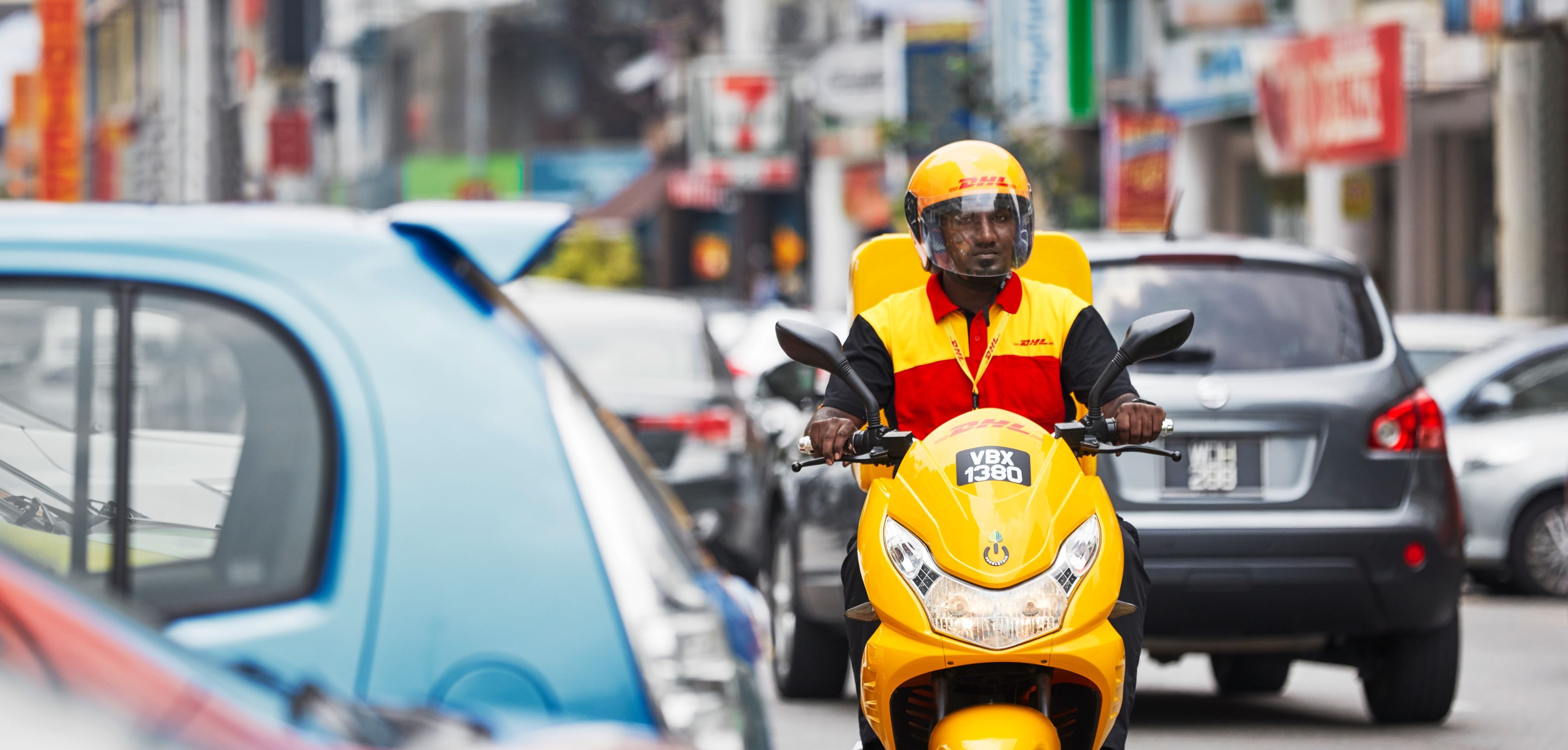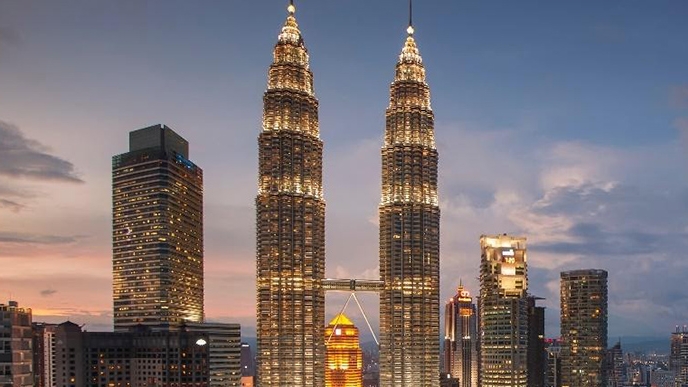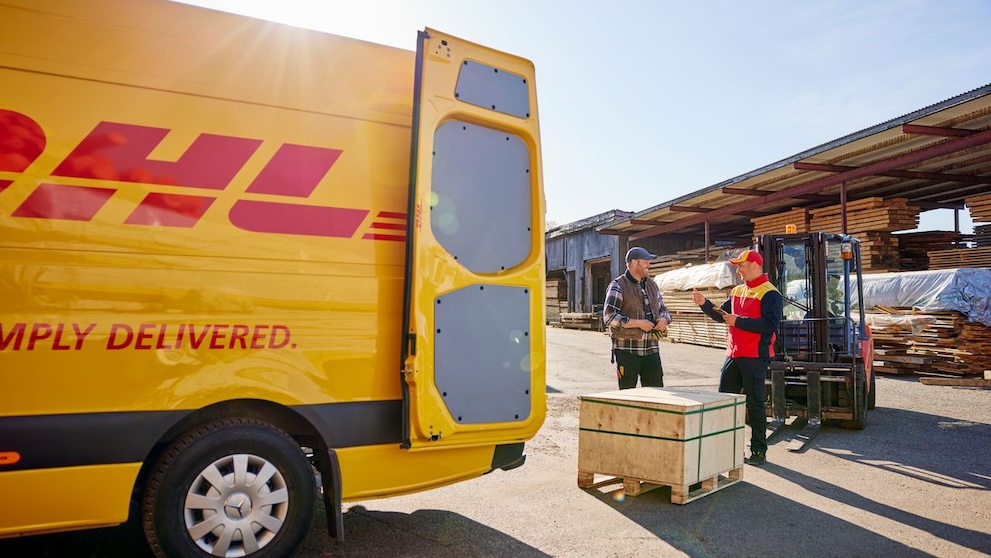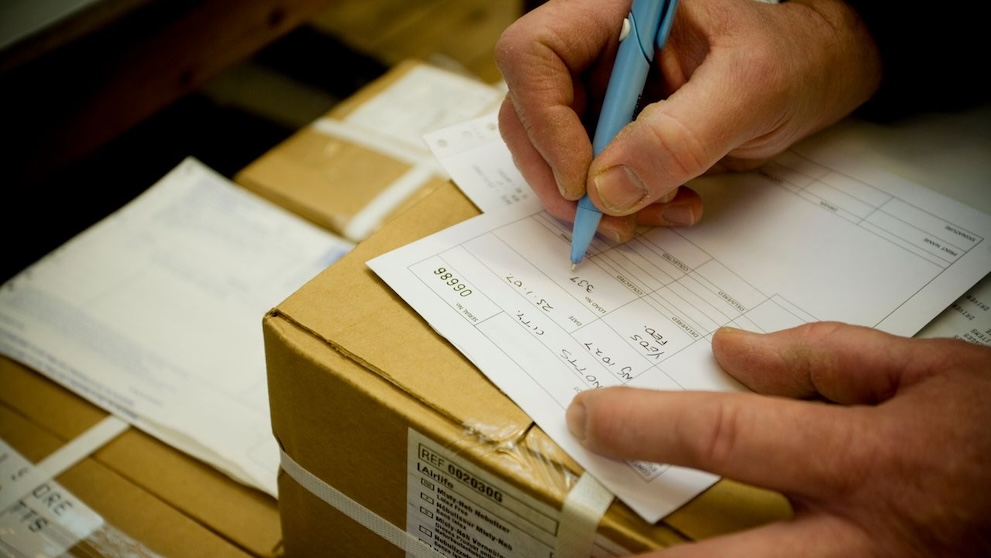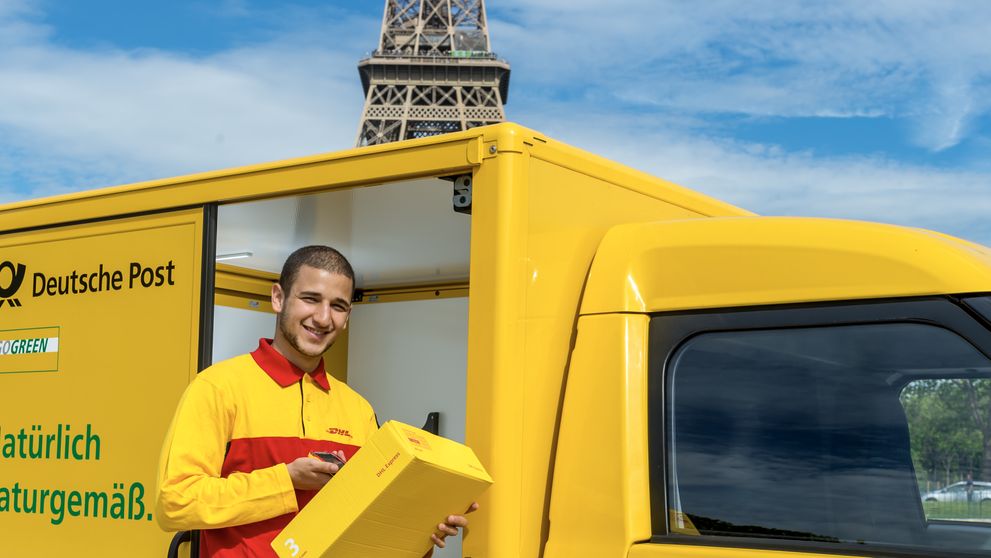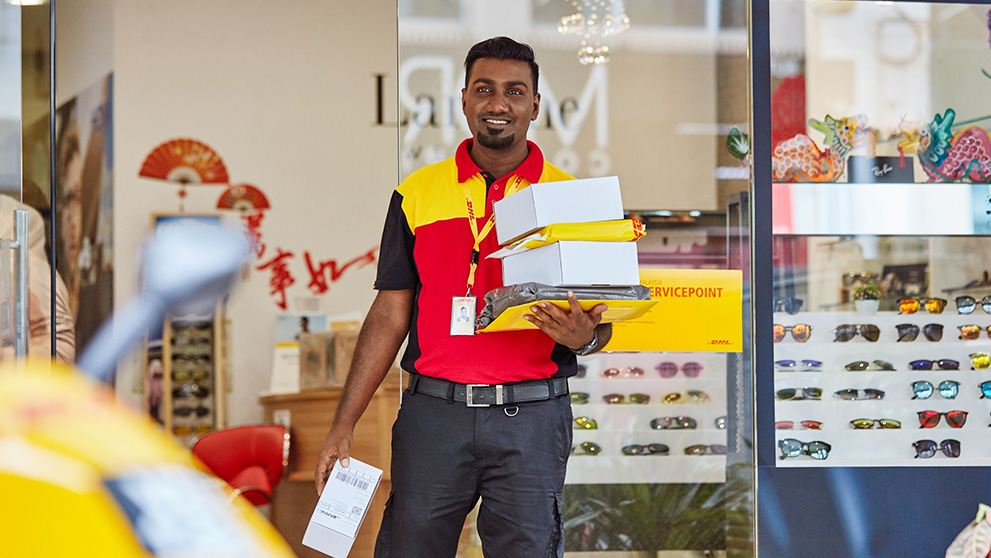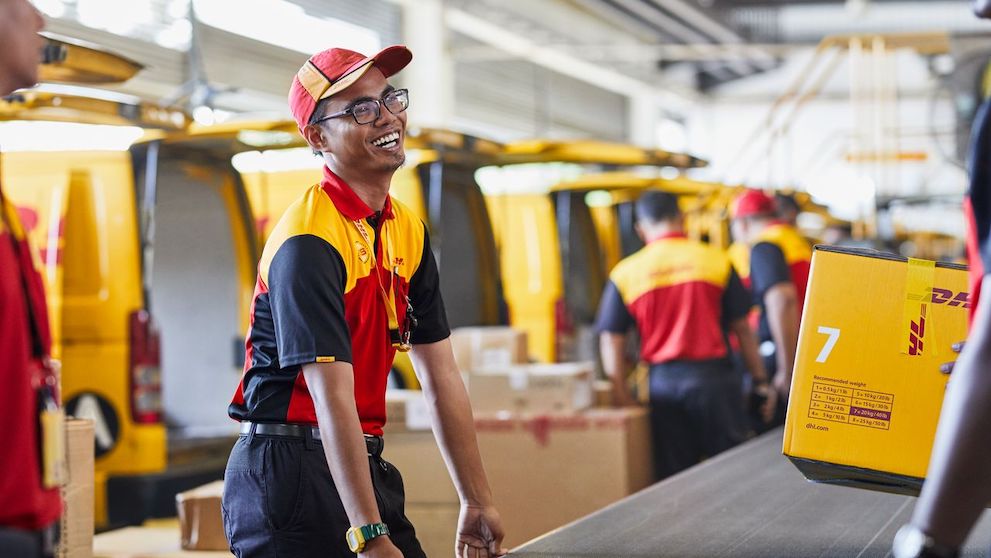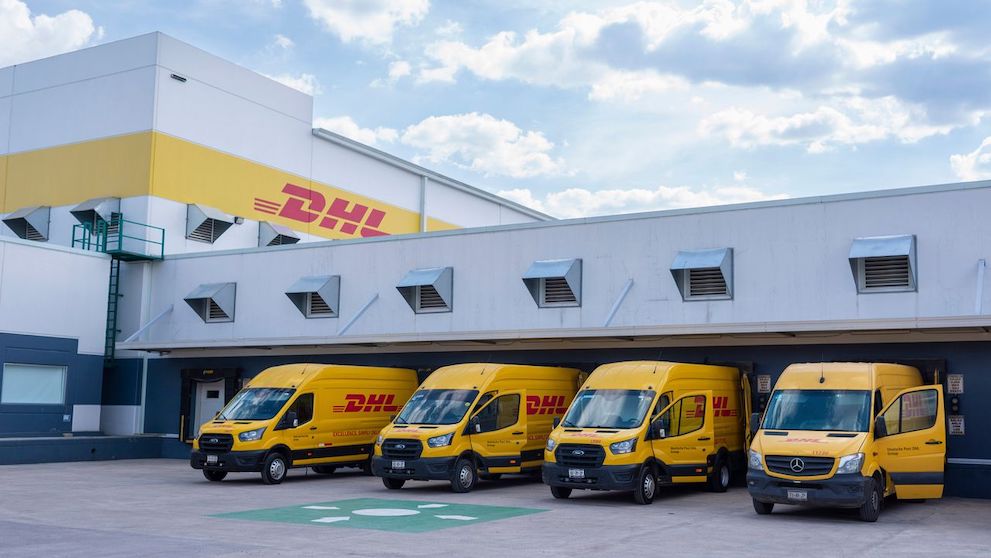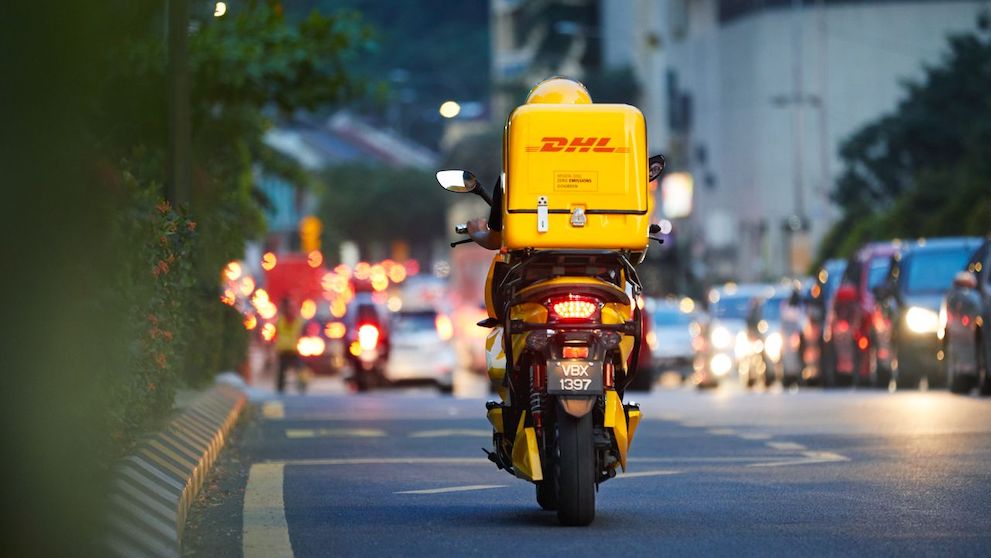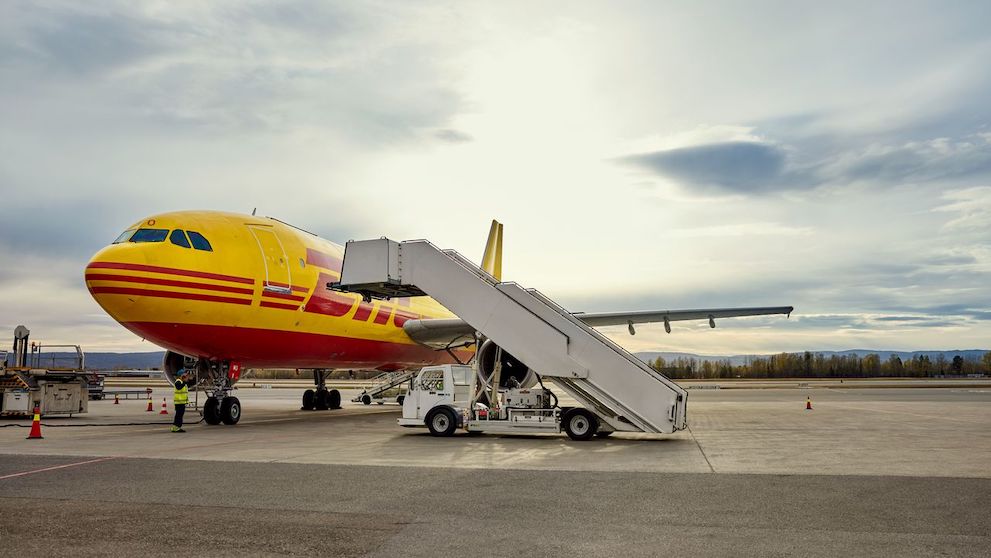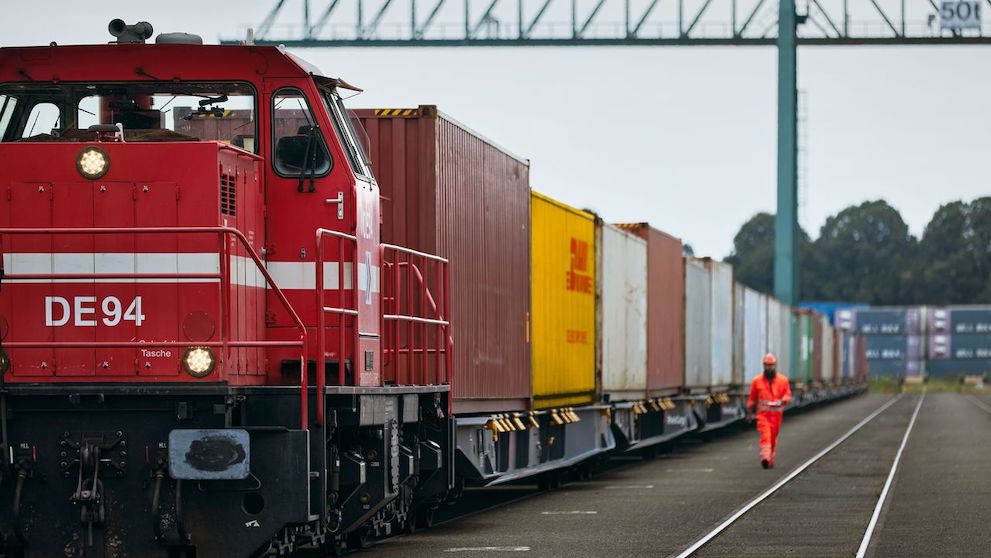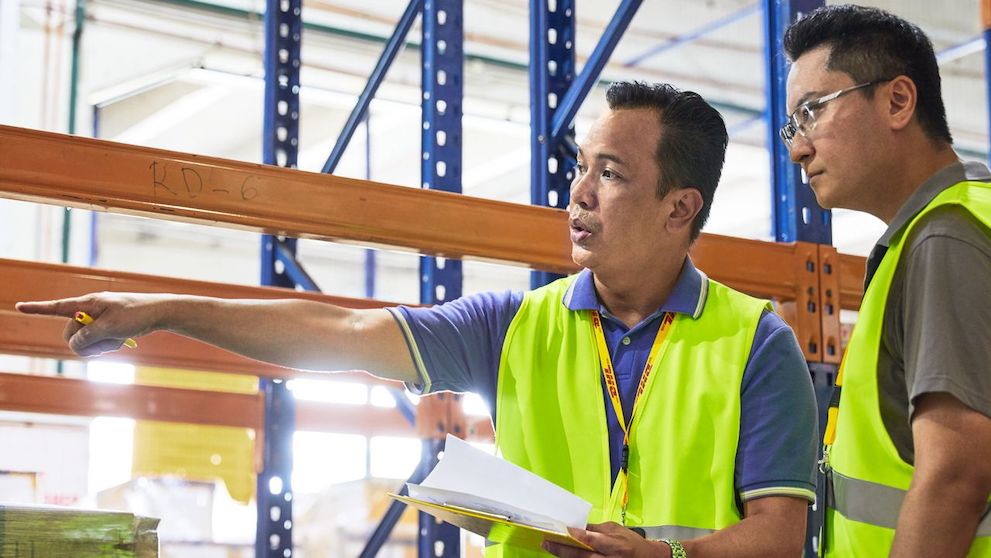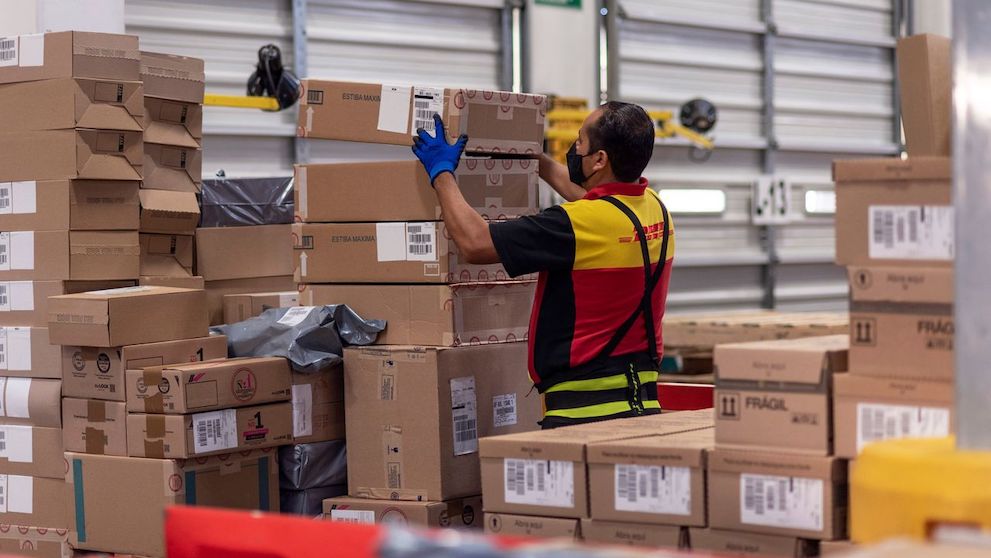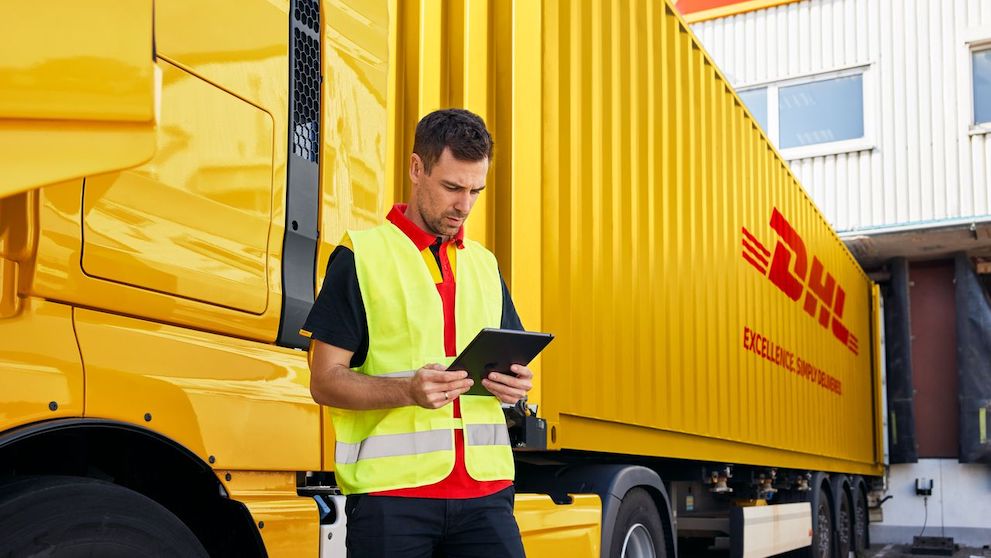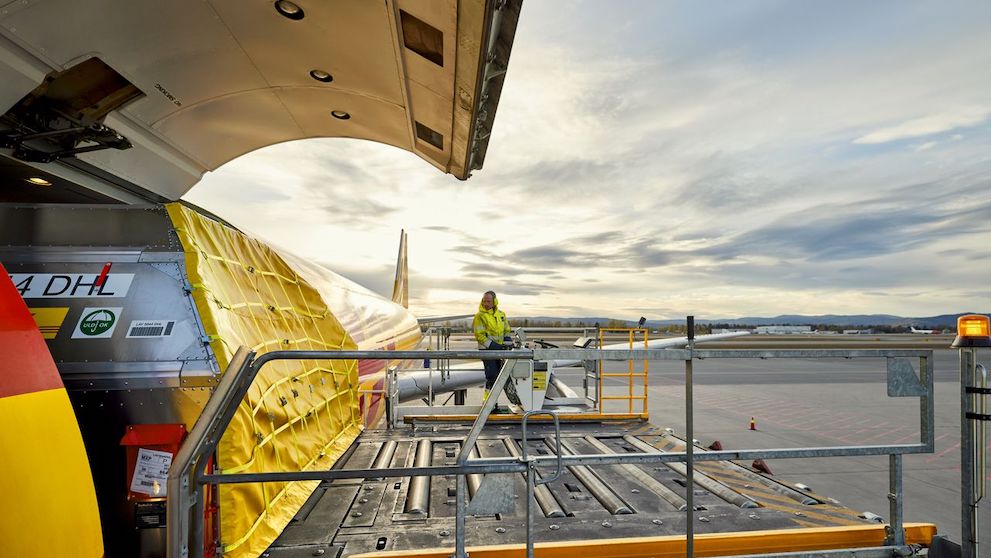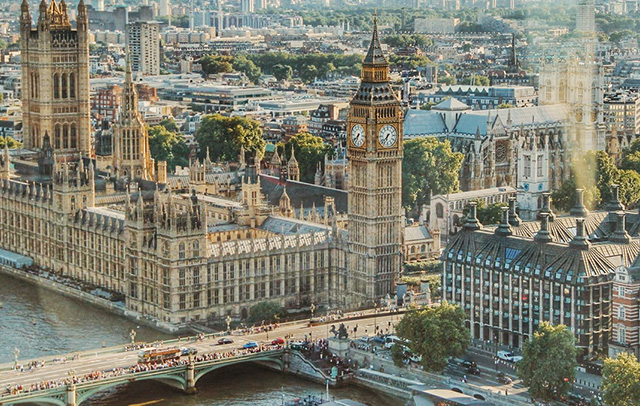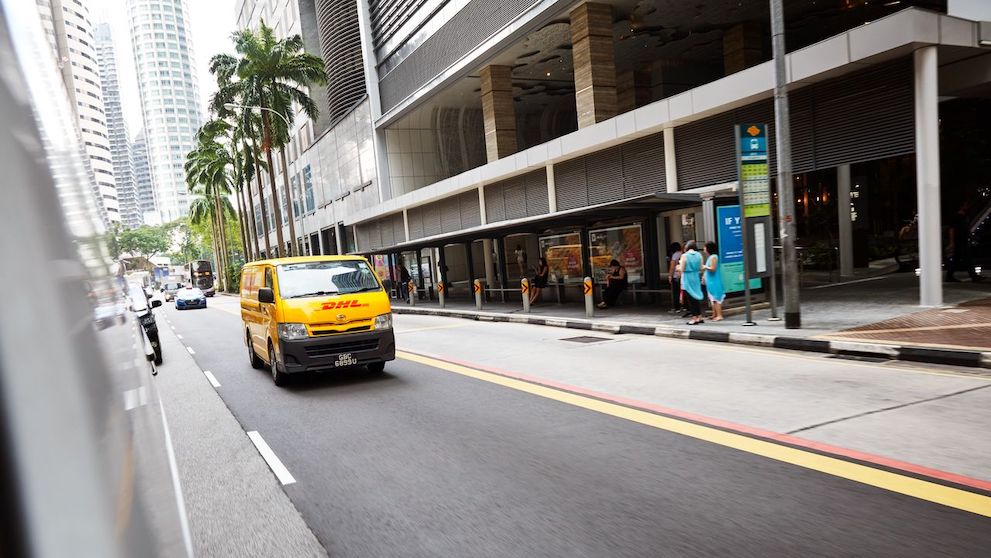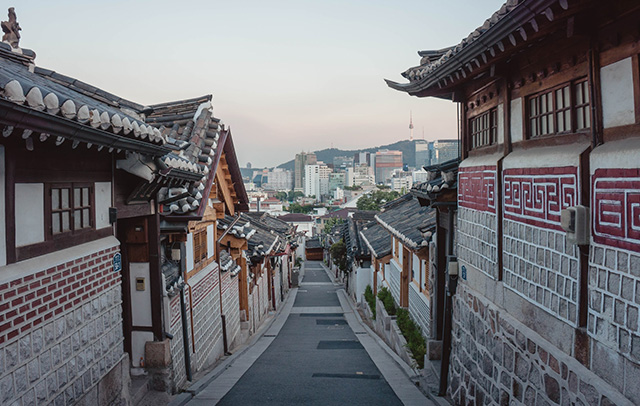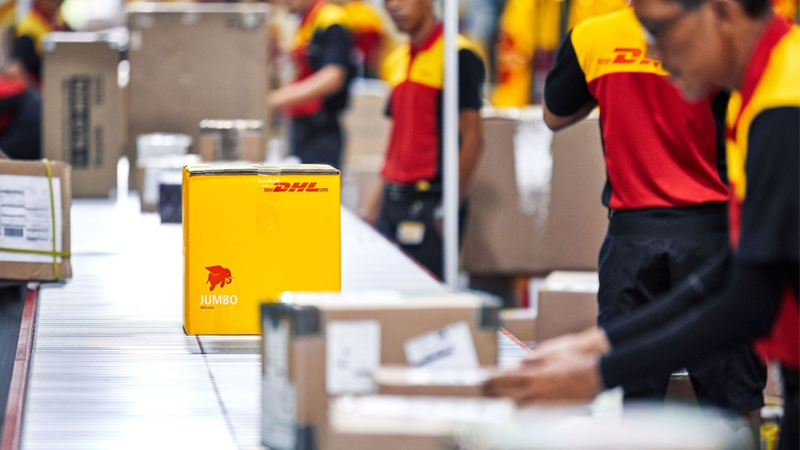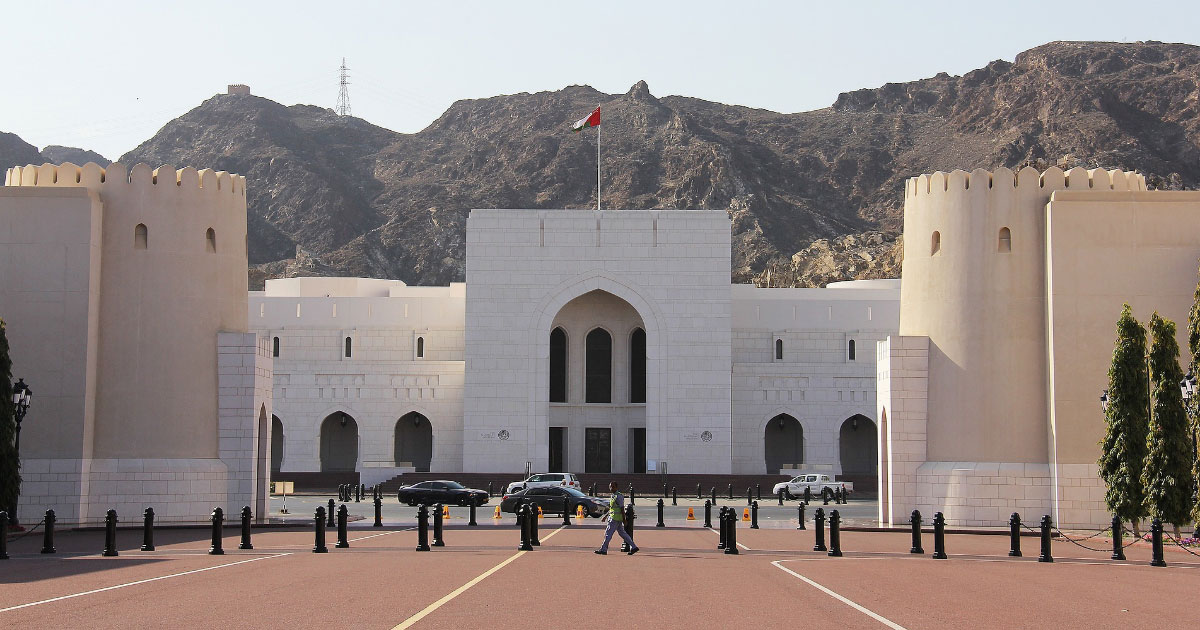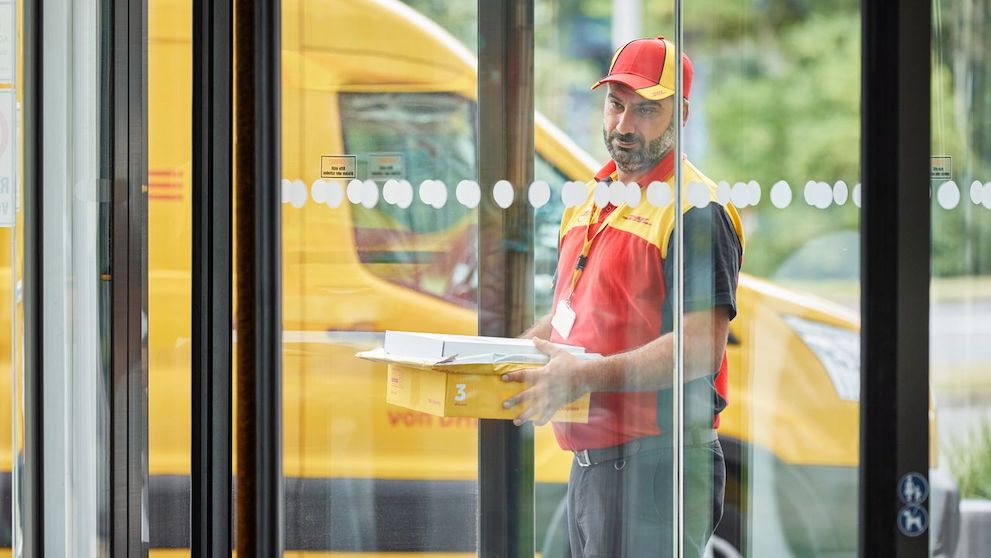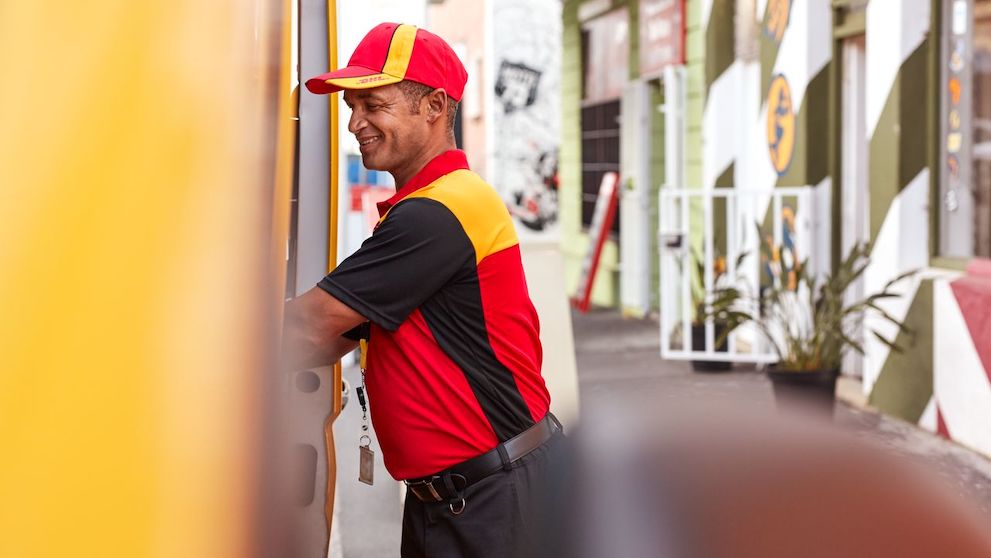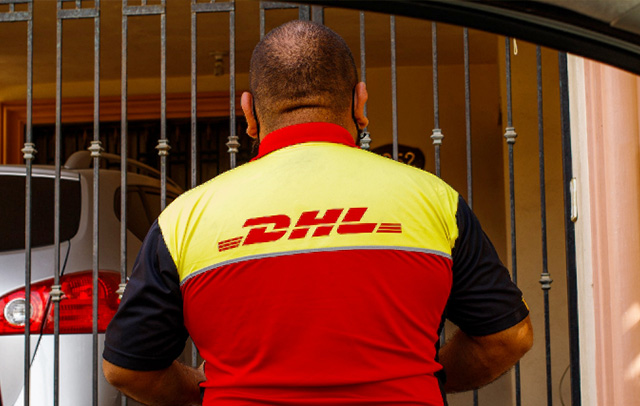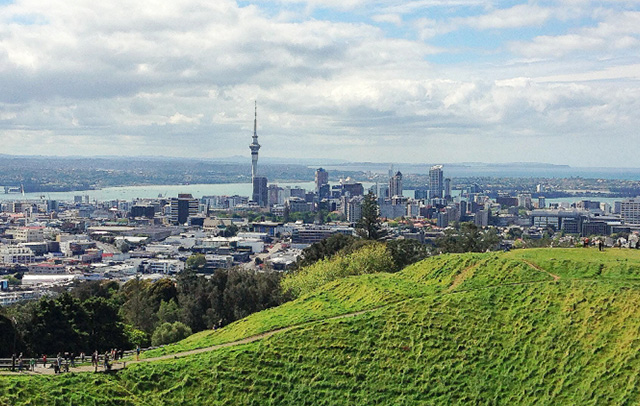Free Trade Agreements are treaties that facilitate bilateral trade between two or more countries. Both Singapore and Cambodia are participants of many regional accords as ASEAN member nations, including the ASEAN Free Trade Area (AFTA)/ASEAN Trade in Goods Agreement (ATIGA).[1] The countries have also signed an agreement for the Avoidance of Double Taxation on 20th May 2016. This will eliminate investment obstacles and increase commercial and trade activities between the two countries. [2]
Owing to these agreements, now it is easy to send a parcel from Singapore to Cambodia. However, there are some customs rules you should be aware of before starting business.
Cambodia’s customs rules
Radios, radio equipment or parts, telecommunication and communications equipment, radar equipment: transmitters/receivers
The consignee must obtain the license/import permit from the Ministry of Post and Telecommunication of Cambodia (MPTC). This process may take 14 to 21 working days.
It may take an extra 5 working days for the General Department of Customs and Excises (GDCE) to approve the declared value and customs permission. Following that, the consignee must clear customs at the airport's Customs and Excise Branch.
Labels, price tickets for garments, textile articles, cotton (raw), fabrics (including samples, swatches), paper patterns for wearing apparel
For the garment industry, the consignee may request a tariff exemption at the customs office if the commodity is not listed in the CDC (Council for the Development of Cambodia) approved master list. Fees for documentation and processing at the customs office may be applicable.
Thereafter, the consignee must clear customs processing at the airport’s Customs and Excise Branch.
Foodstuffs (including grain)
The consignee must get an import licence, a patent, and a VAT registration permit prior to the customs clearing process.
Televisions, television equipment
License from the Ministry of Information is needed before processing for permit at the customs office. Consignees must obtain the license and permit prior to shipping via DHL network.
The form clearance process will take 2 to 3 working days.
Cosmetics, medical samples, medical/dental supplies and equipment
The consignee must first obtain a license/import permit from the Ministry of Health (MOH). This process will take 14 to 21 working days.
Further, the process of approval on the declared value and customs permit at the Department of Customs and Excises (GDCE) will take additional 5 working days. Following that, the consignee is required to process the customs clearance at the airport’s Customs and Excise Branch.
Antiques and work of art, films: entertainment (dvd, vhs), media storage device
New wooden or stone sculptures or statues require a permit from the Ministry of Culture and Fine Arts (MCFA). The process of receiving a permit will take around 14 to 21 working days.
Additionally, the process of approval on the declared value and customs permit at the General Department of Customs and Excises (GDCE) will take an additional 5 working days.
Before importing dvds or vhs, the concerned Ministry will screen the films or videos before giving an approval. This will take 21 to 28 working days. Subsequently, the consignee should process for customs clearance at the airport’s Customs and Excise Branch.
Electronic equipment
The consignee must obtain an import license, patent and VAT registration before the customs clearance process. However, the import of electronic cigarette is prohibited.
Animal products, animal skins, plant products, plants, seeds, coffee (including samples), tobacco & tobacco products
The Ministry of Agriculture, Forestry and Fisheries (MAFF) must provide a license/import permit, as well as a phytosanitary certificate from the country of origin to ship these goods from Singapore to Cambodia. This procedure will take 14 to 21 days to complete.
Moreover, it will take an extra 5 working days for the General Department of Customs and Excises (GDCE) to approve the declared amount and customs permission. Following that, the consignee must undergo customs clearance at the airport’s Customs and Excise Branch.
Chemicals, non-hazardous, soil samples, oil products, stone/mineral samples for analysis, bunker oil sample (for analysis), coal & firewood (including samples)
The Ministry of Industry, Mines and Energy must issue a license/import permit to consignors (MIME) before shipping these goods from Singapore to Cambodia. This procedure will take 14 to 21 days to complete.
Thereupon, the General Department of Customs and Excises (GDCE) will have to approve the declared amount post receiving customs permission. It will take an extra 5 working days for that. Following that, the consignee must undergo customs clearance at the airport’s Customs and Excise Branch.
List of restricted commodities for import into Cambodia
Animal fur (real)
Antiques and work of art
Dangerous goods, hazardous or comb mats
Gambling device (including playing card)
Firearms, parts of
Ivory
Jewellery
Liquids, non-hazardous
Military equipment
Precious metals and stones
Pornography
Perishables (fruit/flower/vegetable)
Note: Goods related to national security, public order, decency and morality, human, animal, or plant life or health, and national treasures of artistic, historic, or archaeological value are prohibited and restricted commodities.
The import or export of these commodities must adhere to the current provisions of relevant Cambodian legislation.
Used computers, electronic devices or parts of electronic cigarettes (together with their parts and accessories) are prohibited for import.
General notes
For import express (De Minimis) clearance shipment, the maximum weight should be 50 kg per shipment with a value less than USD50. If the shipment’s weight is more than 50 kg and value is greater than USD50, it will need to undergo a formal clearance.
Consignees or importers have the option of clearing their cargoes directly, or appointing their own broker, or using DHL Express. Broker turnover or clearing fees will apply to clearances done by the consignee/broker consignee's or DHL.
Restricted goods require import permit or license from related Cambodian Ministry authorities.
The shipper and consignee name must be the same on the airway bill and invoice. Corrections are subject to an amendment charge.
The storage of customs bonds is only free for 6 days. Thereafter, the consignee must pay a storage fee of USD2.20 per day for items under 50 kilogrammes and USD 0.044 per kilogramme per day for items beyond 50 kilogrammes. According to Cambodian Customs guidelines, if a consignment is held for longer than 30 days, an overstay fee of 0.1% of the CIF value per day is charged.
A commercial invoice is required for official customs clearance instead of a proforma invoice. For multi-commodity shipments, a detailed packing list is required.
Both Customs and the Ministry of Culture and Fine Arts require permits for any export shipments carrying arts, sculpture, and handicrafts, such as stone or wooden statues, ornamental items and so on. These procedures could take anywhere from 14 to 21 days to complete.
Customs may require the provision of security to ensure that the duty and taxes on the goods subject to temporary admission are paid. Customs may also permit security of a lesser amount depending on the assessed risk, and the amount of security required will not exceed the projected duty and tax on the items.
For imported shipments to people who are not VAT registered, customs regulations will impose a 20% surcharge on the CIF value, i.e. the customs value will be: CIF + 20% of CIF). The increased value will be subject to duties and taxes.
Temporary Admission requires the submission of documentation from the shipper, including the function of the equipment (manual), the agreement of temporary import - (proof), a letter of explanation (reason) for temporary import - (proof), and the shipment’s return date to the origin. Documents from the consignee are required, including the company's patent tax and VAT, its certificate of incorporation, an authorised letter to a broker or employee from the company, a temporary import permit from the customs chief, an export permit from the customs chief, and a cash withdrawal permit.
After the goods are confirmed for re-exportation, the security held for temporary imports will be cancelled and returned. Customs also require a security deposit of 94% of the duty tax amount (CIF value of shipment import).
Prior to importation, the consignee must submit a request for authorisation from customs administration. The type of commodities, amount, value, purpose, goods owner, temporary admission length, and date of re-exportation must all be properly stated in the application.
For any health supplements, including vitamins, the consignee must get a license/import authorisation from the Ministry of Health (MOH). This procedure will take 14 to 21 days to complete. On top of that the General Department of Customs and Excises (GDCE) will also have to approve the declared amount post receiving customs permission. It will take an extra 5 working days for that, after which the consignee must undergo customs clearance at the airport’s Customs and Excise Branch.
The RTO (Return to Origin) for non-doc is subject to Customs Head Office approval. For this lengthy process, there is a processing cost of USD300 for each cargo, as well as other expenses (VAT, freight, storage, overstay charges, and so on).
All shipments carrying mobile phones or other equipment with a SIM card slot (smart watch, tablet, GPS) must include the following information on the commercial invoice: number of SIM card slot, serial number and IMEI number. If you fail to declare, your clearance will be delayed for a few days.
There are no official Christmas/Holiday Gift Guidelines for Cambodia. Import clearance requirements are specified on ISD.
Procedure to send a parcel from Singapore to Cambodia
Regardless of what you're delivering from Singapore to Cambodia, you'll need to create a DHL Express air waybill (AWB). Aside from the AWB, your shipping invoice is another important document for clearing customs and ensuring that your package arrives in Cambodia quickly. But remember you must fill out the details clearly to prevent any delays. Also, ensure that the dimensions and weight of your shipment do not exceed the stipulated limits.
Size specifications:
Maximum length is 300.0 cm (118.0 IN)
Maximum height is 300.0 CM (118.0 IN)
Maximum width is 300.0 CM (118.0 IN)
Weight specifications:
Maximum weight per shipment is 3000.0 kg (6614.0 LB)
Maximum weight per piece is 1000.0 KG (2205.0 LB)
Once you’ve filled out the required fields, pack your parcel. Then arrange for the collection of your parcel. You can choose the pick-up time and date, and contact DHL’s customer service to have your shipment picked up. You can also use MyDHL + shipping feature to book a pick-up or self-deliver to any DHL Express retail outlet near you.
Benefits of using DHL Express
The benefits are manifold and as follows:
DHL Express has a global network that spans across 220 countries and territories.
The shipping process from Singapore to Cambodia is simple and secure because of DHL Express's shipping solutions like MyDHL+, MyBill, and ODD (On-Demand Delivery).
Customers can choose when they want their packages picked up.
International shipping is made simple with DHL’s door-to-door shipping service.
Customers can choose where and when their shipment should be delivered thanks to DHL Express's flexible delivery choices.
Customers can also get real-time updates on the progress of their shipments from DHL Express.
DHL Express aspires to give complete customer satisfaction with the goal of improving your global shipping experience. Therefore, put an end to your international shipping hassle by entrusting your shipment up to us. Learn more about DHL Express's extensive selection of services.
[1] https://www.enterprisesg.gov.sg/overseas-markets/asia-pacific/cambodia/doing-business-in-cambodia/singapores-bilateral-agreements-with-cambodia
[2] https://www.iras.gov.sg/news-events/newsroom/singapore-and-cambodia-sign-agreement-for-avoidance-of-double-taxation
